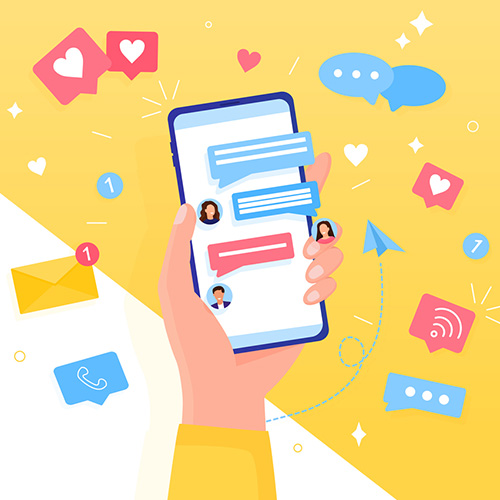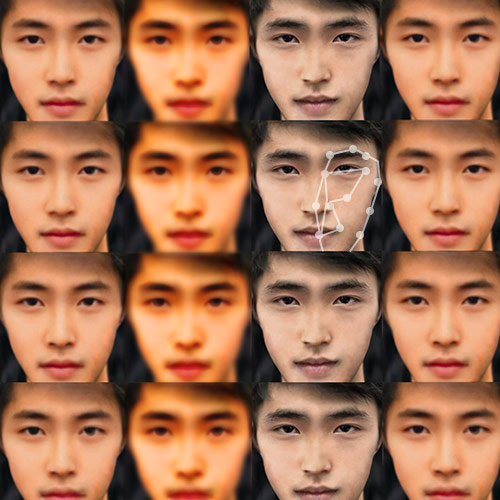Technology
AI in the Workplace Is Already Here. The First Battleground? Call Centers
The Wall Street Journal | Feb 18, 2023
Deepfake maps could really mess with your sense of the world
Ars Technica | May 30, 2021
How AI Shapes Our Daily Lives
May 19, 2021
Connecting With My Voice: AI and Accessibility
Apr 21, 2021
Europe Proposes Strict Rules for Artificial Intelligence
New York Times | Apr 21, 2021
Facebook’s new AI teaches itself to see with less human help
Ars Technica | Mar 7, 2021
Lack of Sleep Could Be a Problem for AIs
Scientific American | Dec 9, 2020
AI tool may predict movies' future ratings
University of Southern California | Nov 17, 2020
Vatican enlists bots to protect library from onslaught of hackers
The Guardian | Nov 8, 2020










